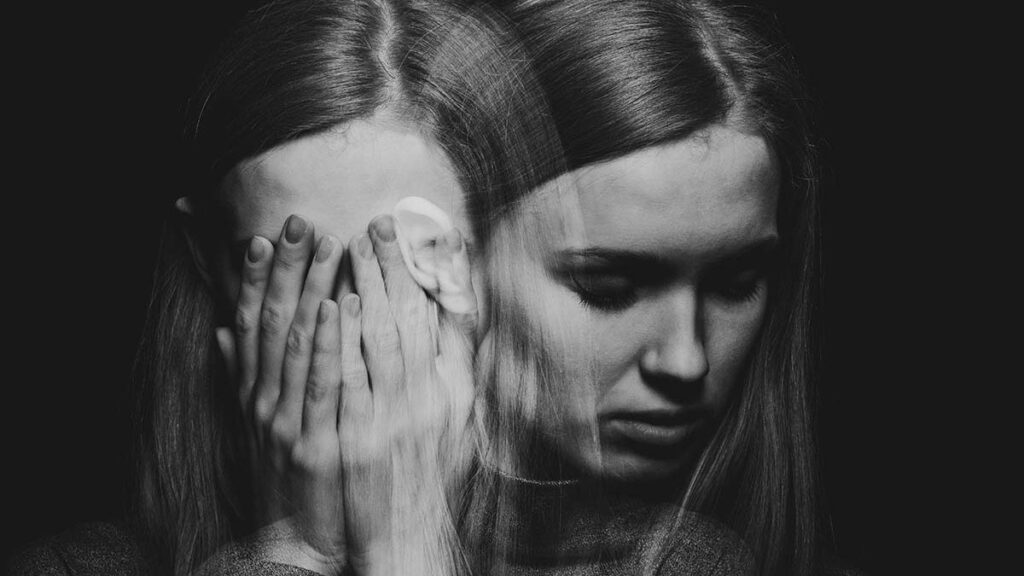It can take years to recognize the signs and symptoms of bipolar disorder. Early recognition is important, and is the key to salvaging relationships with loved ones. Instead of taking an educated guess, seek professional help as soon as possible.

1. Irritability.
Am I bipolar? This question is asked everyday by people that are accused of having an emotional personality. Their irritability is often attributed to having a bipolar personality. Although this is often said as a joke, it’s easy to confuse irritability with actual bipolar disorder. When you have bipolar disorder, you are more likely to be argumentative, or to act out when challenged. Since this directly conflicts with specific personality traits, people will often use bipolar as a ‘catch all’ to describe the person. If you’re ever in a situation where someone accuses you and it sends you into an actual fit, then it is worth investigating the cause.
2. Depression.
Being depressed is normal, as it can relate to regular life activities. But when that depression lasts for months, then there is something lingering beyond the original problem. A complete depression feels different, and is one of the hard side effects of bipolar disorder. It’s a sadness and hopelessness that makes you feel completely empty inside. Instead of finding the positive in a situation, you are constantly looking for ways that it can go wrong.
3. Psychosis.
Psychotic symptoms are a side effect of bipolar disorder. They usually manifest when you’re suffering severely from the condition. Hallucinations and delusions are common, but more importantly, it can change how you perceive the world. You become more susceptible to ideas and theories that are at odds with your normal behavior. During psychosis, there is a chance you will do or think regrettable things. If there are loved ones around, they may be the target of these delusions or hallucinations.
4. High Energy.
Mania has different levels, and can range from talking non-stop or being unable to focus on a single task. A manic episode is usually just high energy, but can become problematic when combined with other bipolar symptoms. Manic psychosis will create a personality that believes they have powers or a connection with a higher being. Mania with hallucinations leads to the individual hearing voices in their head having full conversations. High energy is a side effect that wears off over time, but has a randomness that interrupts daily behavior.
5. Decreased Need for Sleep.
This is an interesting side effect of bipolar condition since lack of sleep can lead to mania, depression and psychosis. Instead of going to bed, someone suffering from the condition will get a rush of energy that carries them into the night. This eventually wears off, and another side effect takes its place. As bipolar symptoms interrupt sleep over the next few days, the side effects become stronger as new ones are introduced. Not getting enough sleep is never a good thing for anyone suffering with bipolar disorder.
Look Into a Mirror.
When you are truly suffering, every day can feel like suffocating in quicksand. Don’t let the worst parts of bipolar disorder eat away at a happy life. Bipolar disorder can be managed, but it requires getting help and not staying in denial.